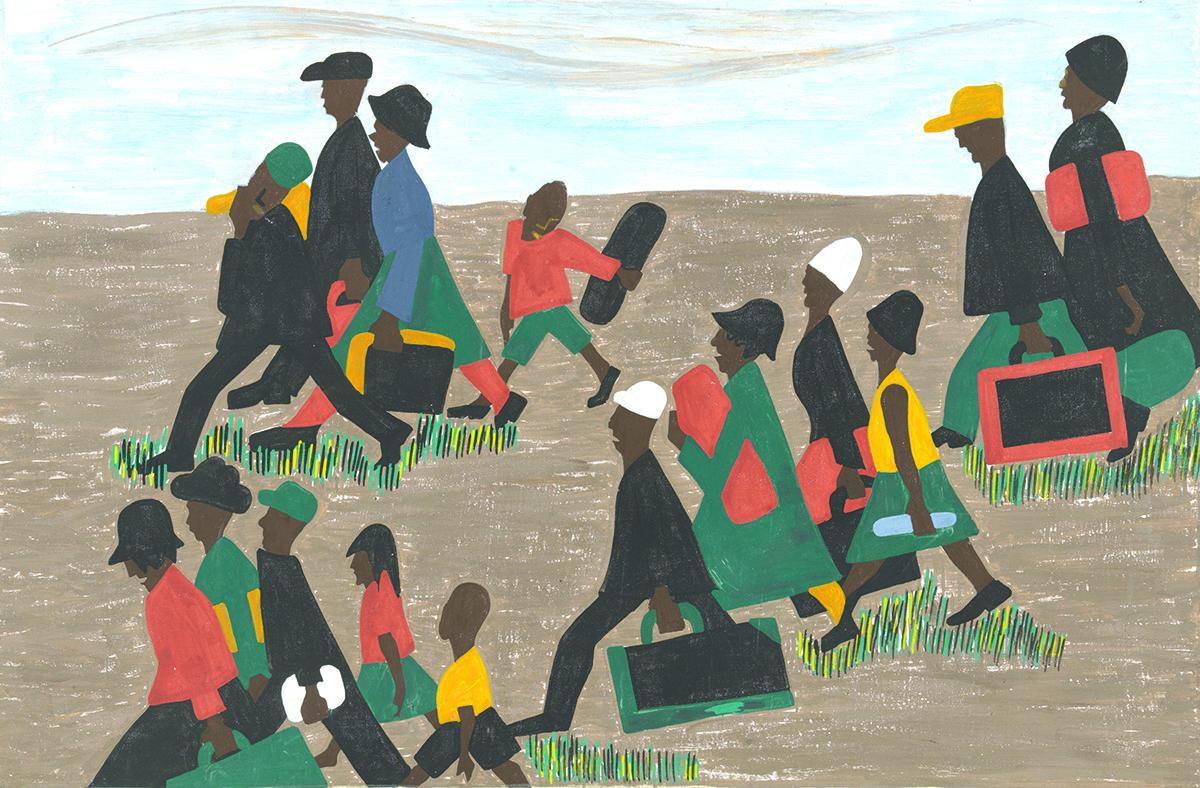During the civil rights movement, women played major roles that I think are often overlooked by the accomplishments of men. Women like Anne Moody and Miriam Anderson contributed greatly to the movement. They led organizations, they were lawyers, and they were on the front lines dying for the fight for black rights. Here are a few women we don’t hear about too often when learning about the civil rights movement:
Gwendolyn Zoharah Simmons-a member of the Student Nonviolent Coordinating Committee (SNCC). She fought for gaining resources and aid in Mississippi during the Freedom Summer.
Doris Adelaide Derby- another SNCC activist, she encouraged local women to join the cause as well as helping with voting drives and rallies. Her efforts helped members of
Ruby Nell Sales- She worked closely with efforts to stop bus segregation and even overcame psychological trauma from the movement. She encouraged people look deeper than what Rosa Parks did and to keep pushing for effective techniques of civil disobedience.
The link to the article can be found here:
https://www.loc.gov/collections/civil-rights-history-project/articles-and-essays/women-in-the-civil-rights-movement/
